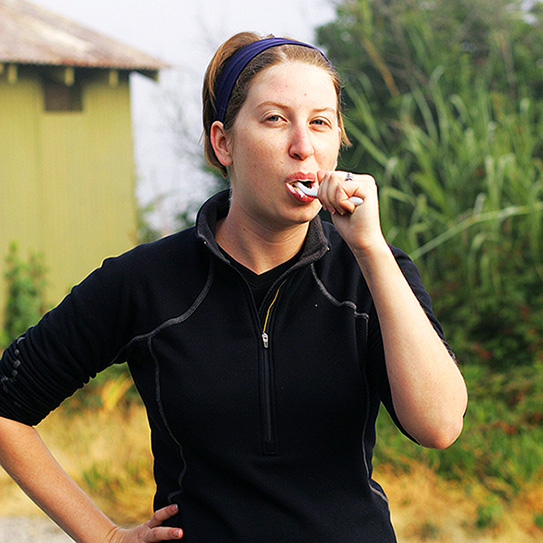
TEETHING CAN BE upsetting for babies and their parents alike! We’re here to help with a few simple teething tips:
1. Learn to spot signs of teething.
Typically around the six-month mark, the first teeth will begin to emerge. A teething baby may show behavioral changes that are actually teething symptoms, such as decreased interest in breastfeeding, excessive drooling, refusal of foods they normally like, difficulty sleeping, or general irritability. They might also become more interested in chewing or sucking on things.
2. Recognize what ISN’T a sign of teething.
Sometimes parents misidentify other symptoms as having to do with teething, when it could be an unrelated illness. A runny nose, fever, or diarrhea could be signs of a viral infection. Consult a pediatrician if they get worse.
3. Try different soothing techniques.
Continue breastfeeding if possible, and provide something safe to chew on like a teething toy, but be cautious when choosing teething toys. Make sure they do not contain PVC, BPA, or phthalates — all compounds that potentially cause harm if ingested by a child. Some toys can be chilled to provide extra relief, and some can be fastened to the child’s clothing.
Bring Us Your Teething Questions
If you’re stressing over your child’s teething symptoms, don’t hesitate to get in touch! This is a strange new experience for both you and your child, and we’re here to help. Also keep in mind that as soon as the first tooth appears, it’s a great time for baby’s first dental visit.























